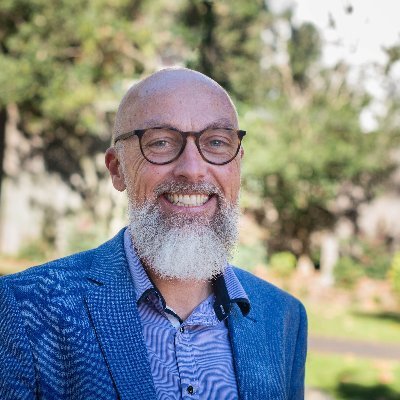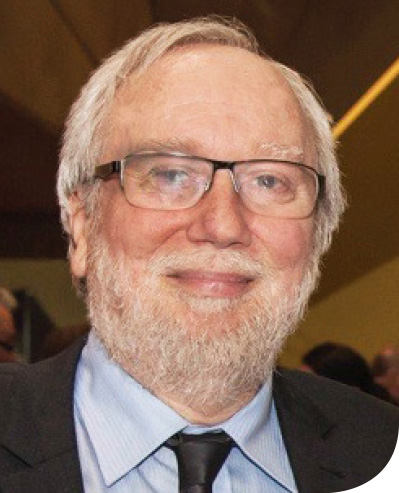NSW “Conversion Practices” Legislation
The following text is Part 2, Section 3 of the Conversion Practices Ban Act 2024. This text defines what a “conversion practice” is.
- In this Act, a conversion practice means a practice, treatment or sustained effort that is—
- directed to an individual on the basis of the individual’s sexual orientation or gender identity, and
- directed to changing or suppressing the individual’s sexual orientation or gender identity.
- For subsection (1), it is irrelevant whether a practice, treatment or sustained effort directed to an individual on the basis of the individual’s sexual orientation or gender identity is based on an incorrect assumption or belief about the individual’s sexual orientation or gender identity.
- A conversion practice does not include—
- a health service or treatment provided by a registered health practitioner that—
- the registered health practitioner has assessed as clinically appropriate in the registered health practitioner’s reasonable professional judgement, and
- complies with all relevant legal, professional and ethical requirements, or
Examples of health services or treatments that do not constitute a conversion practice— any of the following health services or treatments assessed by a registered health practitioner as clinically appropriate—- genuinely assisting an individual who is exploring the individual’s sexual orientation or gender identity or considering or undergoing a gender transition
- genuinely assisting an individual who is receiving care and treatment related to the individual’s gender identity
- genuinely advising an individual about the potential impacts of gender affirming medical treatment
- genuinely facilitating an individual’s coping skills, development or identity exploration to meet the individual’s needs, including by providing acceptance, support or understanding to the individual, or
- the following expressions if the expression is not part of a practice, treatment or sustained effort, directed to changing or suppressing an individual’s sexual orientation or gender identity—
- an expression, including in prayer, of a belief or principle, including a religious belief or principle,
- an expression that a belief or principle ought to be followed or applied.
- a health service or treatment provided by a registered health practitioner that—
- To avoid doubt, the following are examples of what does not constitute a conversion
practice under this section—
- stating what relevant religious teachings are or what a religion says about a specific topic,
- general requirements in relation to religious orders or membership or leadership of a religious community,
- general rules in educational institutions,
- parents discussing matters relating to sexual orientation, sexual activity or religion with their children.



